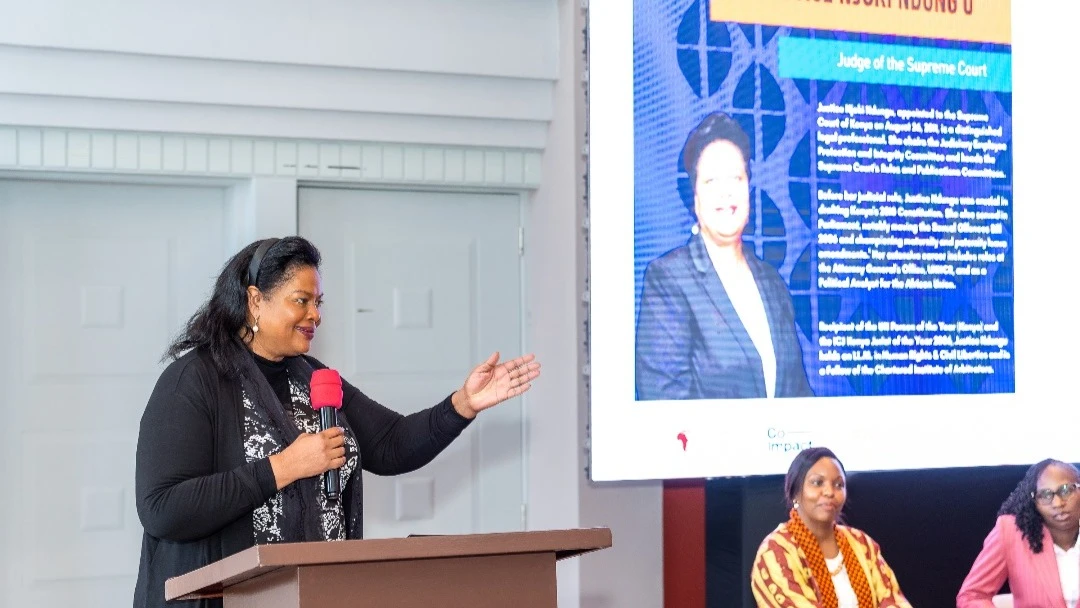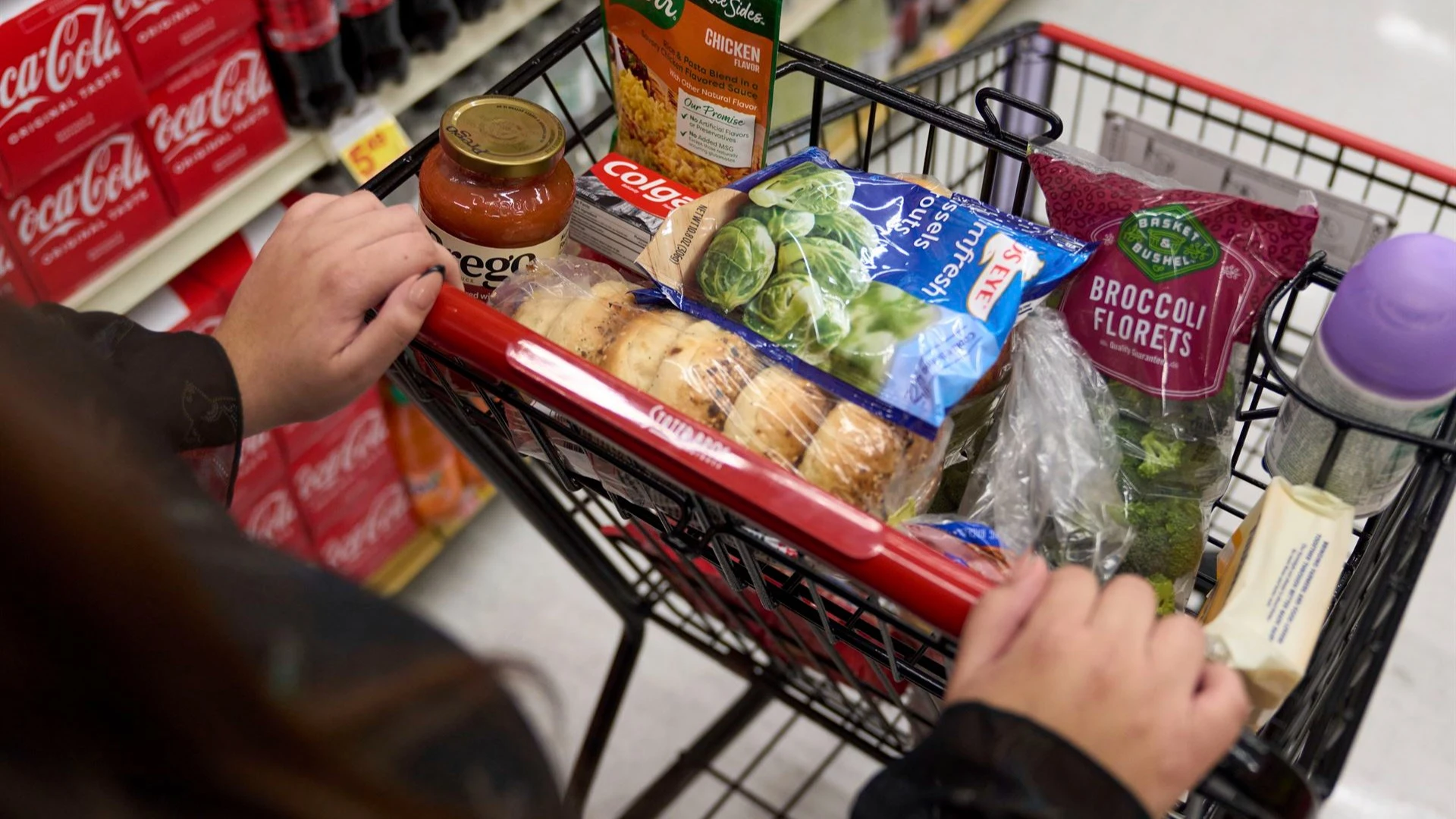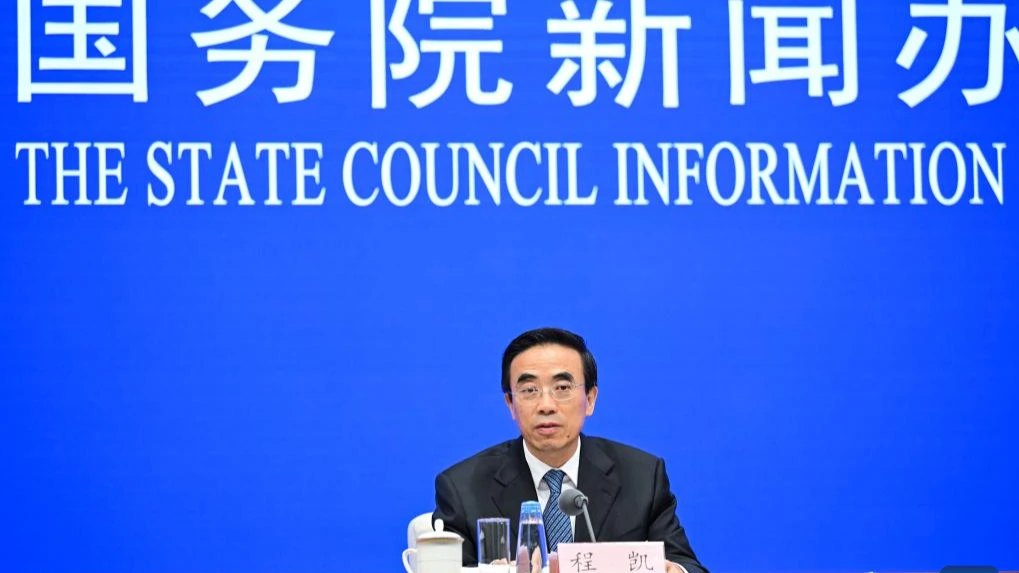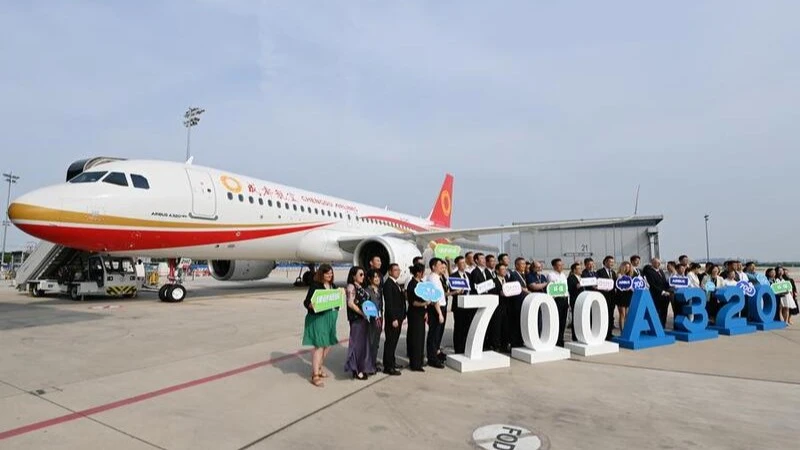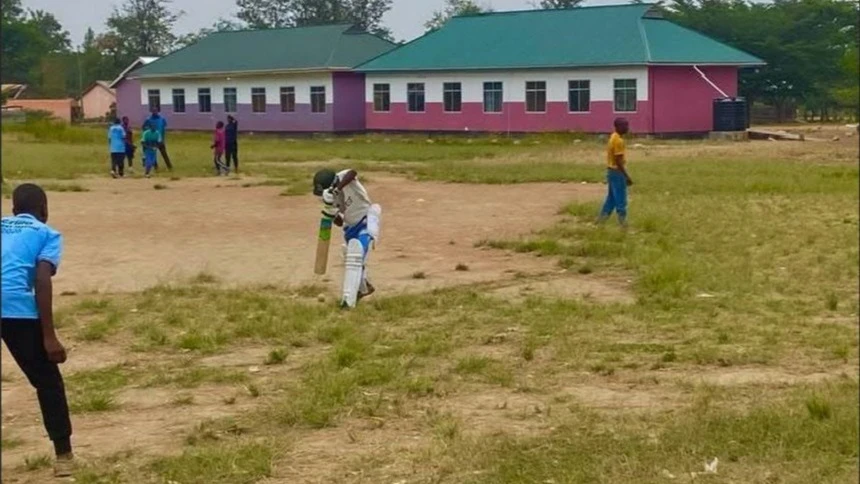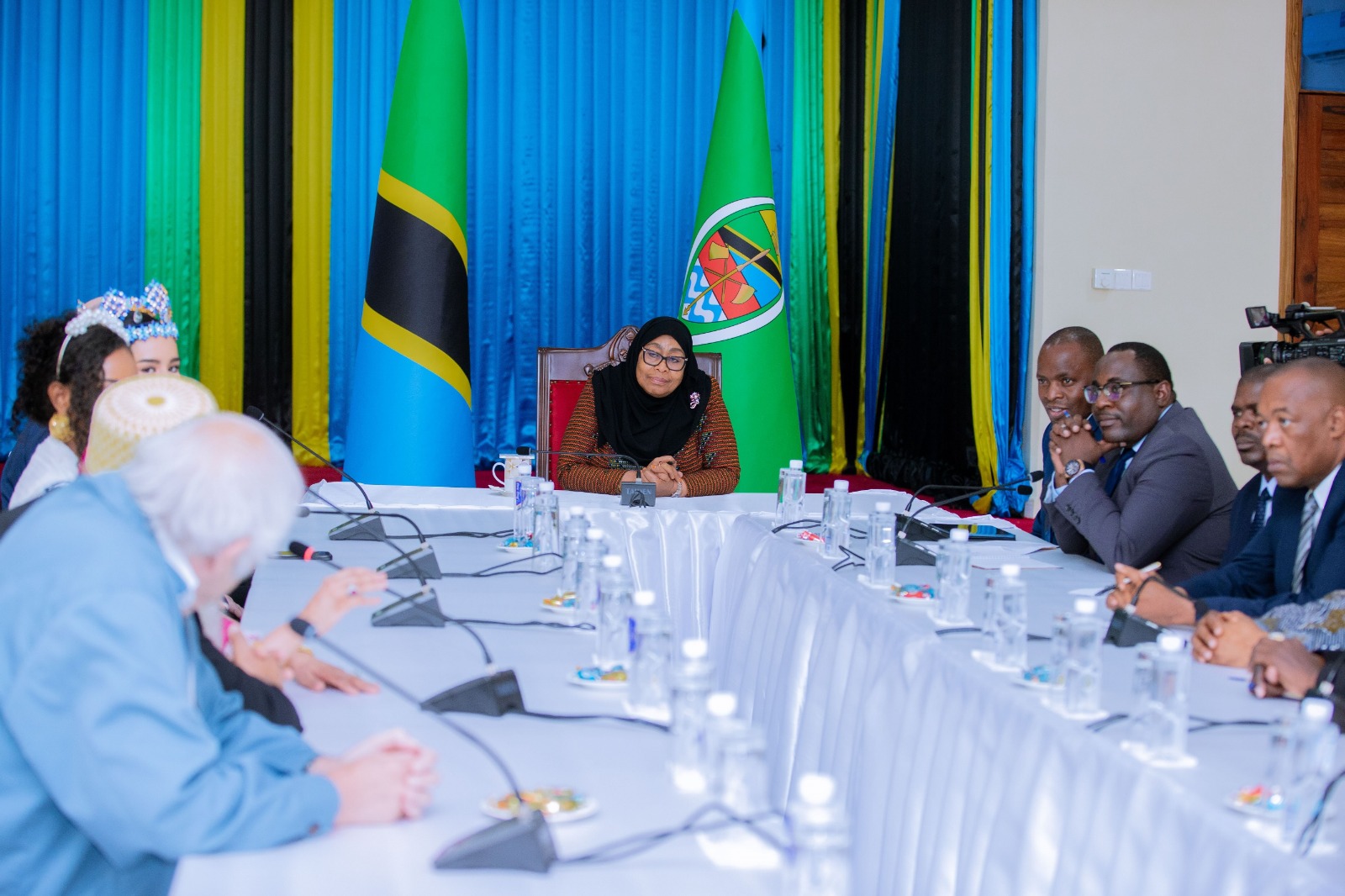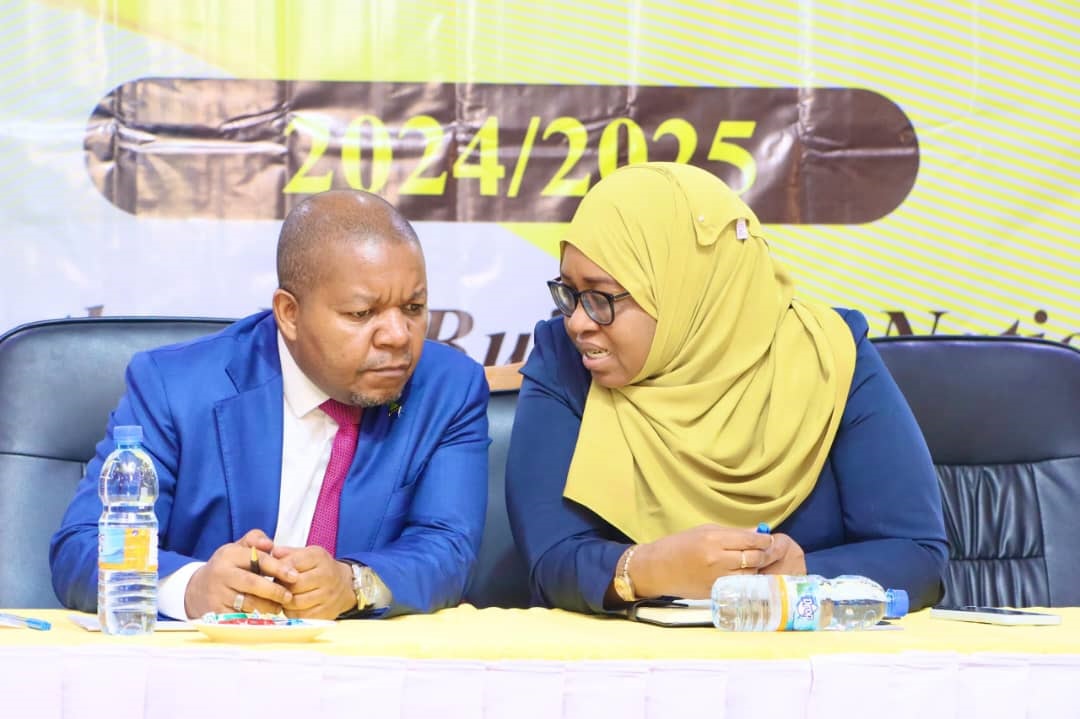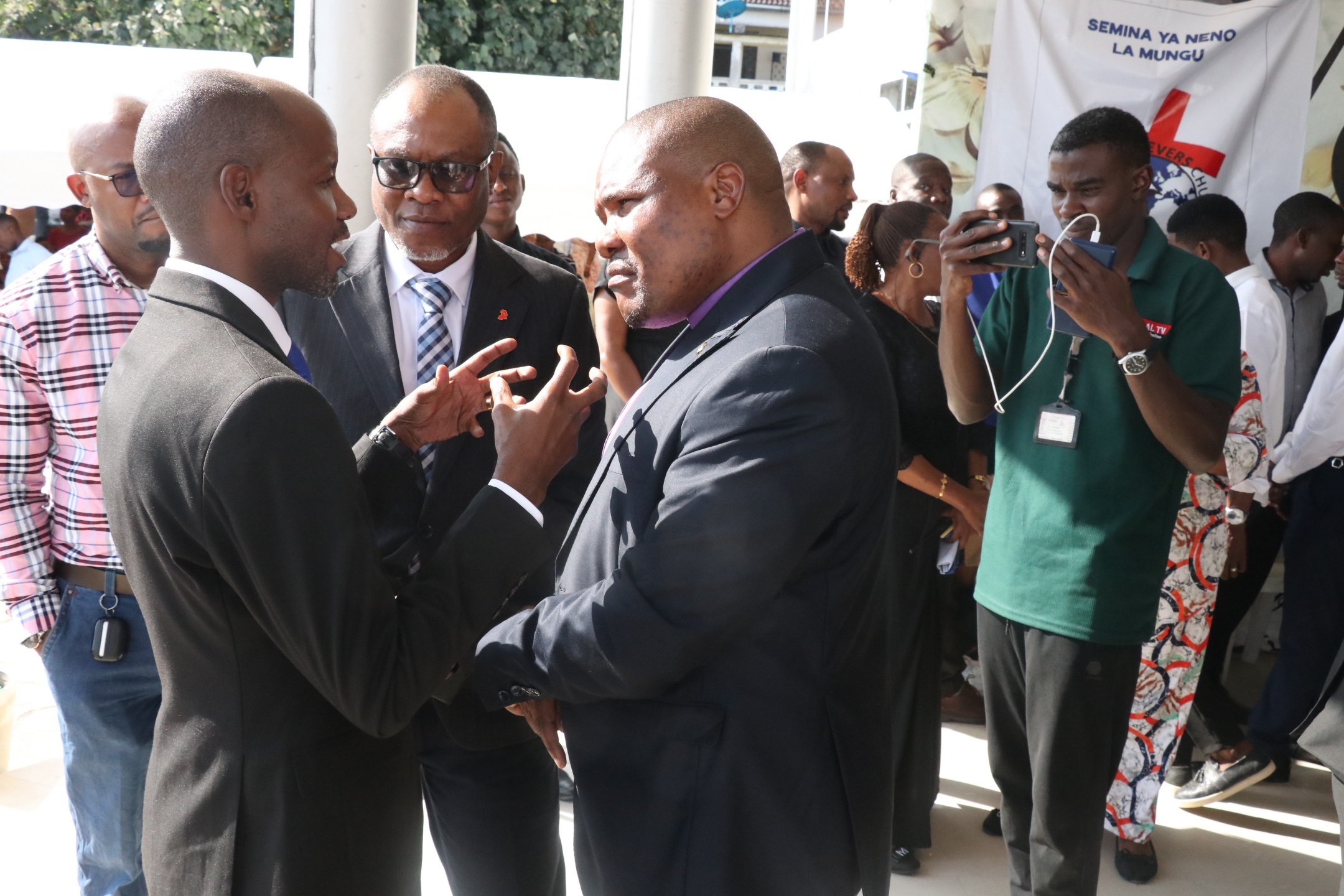Canadian minister tours adolescent health, education initiatives in Isles
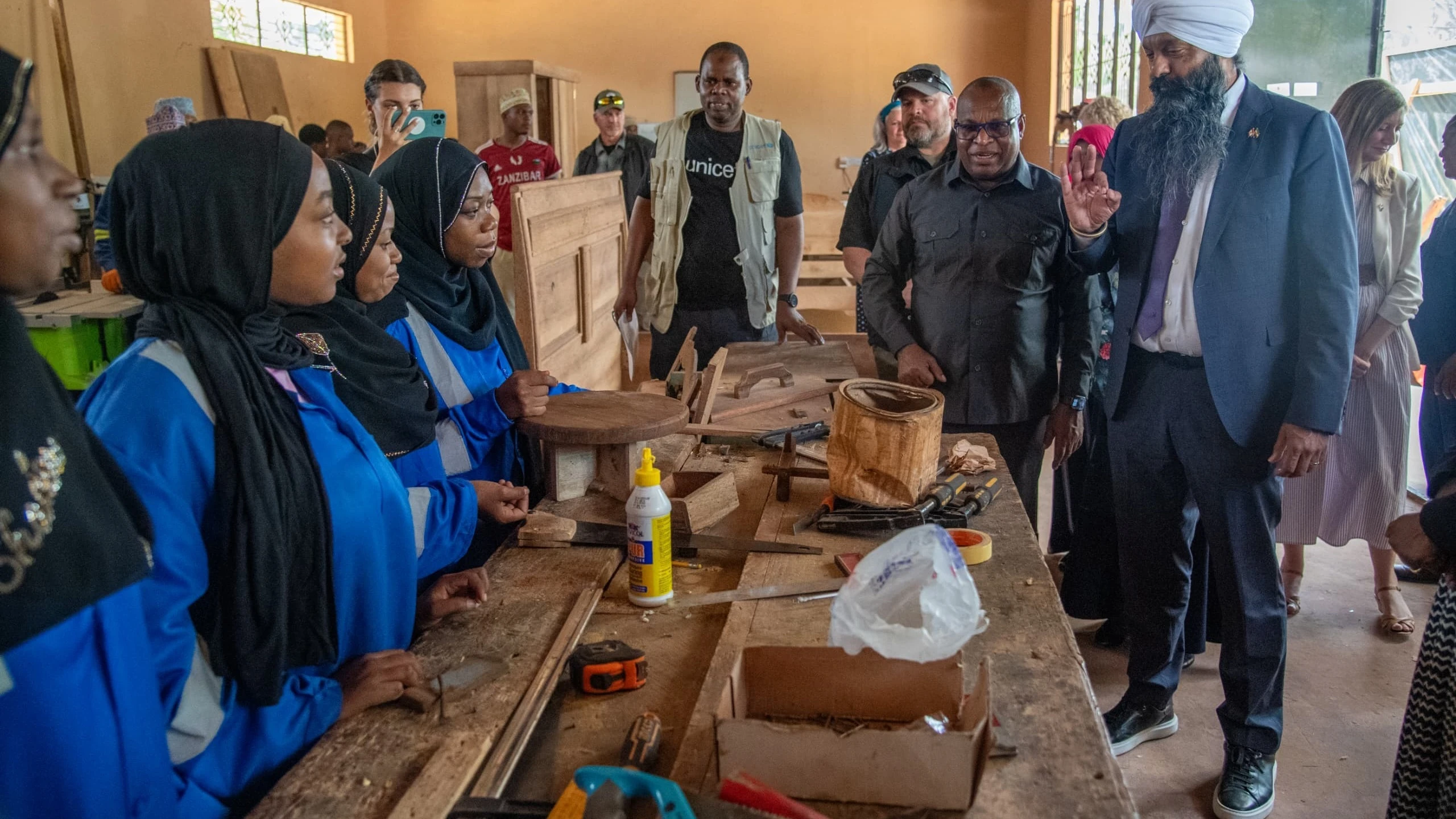
CANADA’s continued investment in adolescent health, education and empowerment in the country has delivered lasting change, with over 1.5 million young people benefiting from targeted initiatives.
This was the key highlight of a high-level visit to the Isles on Monday, led by Canada’s Secretary of State for International Development, Randeep Sarai, and Canada’s High Commissioner to Tanzania, Emily Burns.
A statement availed to the media yesterday stated that the Canadian delegation visited Mwera Pongwe Secondary School in Unguja to witness first-hand the results of its collaboration with the government of Tanzania, UNICEF and UNFPA in improving the lives of adolescents.
Joined by Zanzibar’s Minister for Education and Vocational Training, Lela Mohamed Musa, and representatives from UNICEF and UNFPA, the delegation underscored Canada's leadership in results-based programming aimed at transforming the future of young people—especially girls.
Through funding from Global Affairs Canada, several flagship programmes are being implemented with tangible outcomes. Among them is the Zanzibar School Health and Nutrition Programme, which has provided weekly iron and folic acid supplements to over 38,000 girls and reached more than 72,000 adolescents with essential nutrition education—contributing to better health and school performance.
The visit also showcased the success of the Integrated Programme for Out-of-School Adolescents (IPOSA), run under the Every Adolescent Girl Learns (EAGL) initiative. Since 2019, the programme has reached over 80,000 adolescents, 68 percent of them girls—with 70 percent of graduates now employed or self-employed, demonstrating its effectiveness in promoting economic independence and social inclusion.
In the area of sexual and reproductive health, Canada has backed two impactful projects—GRREAT (2019–2024) and Kijana Imara, launched in 2024.
Together, they have reached 1.5 million adolescents in schools and communities, with radio campaigns extending messaging to an additional 8.8 million. Evaluation findings show a 25 percent increase in adolescent girls’ empowerment, and over 80 percent of young beneficiaries now report access to quality SRH and nutrition services.
The initiatives reflect scalable models that strengthen public systems and contribute to national development goals. They are also aligned with Tanzania’s Vision 2050, which seeks to build a more equitable and prosperous future for all citizens.
Top Headlines
© 2025 IPPMEDIA.COM. ALL RIGHTS RESERVED









